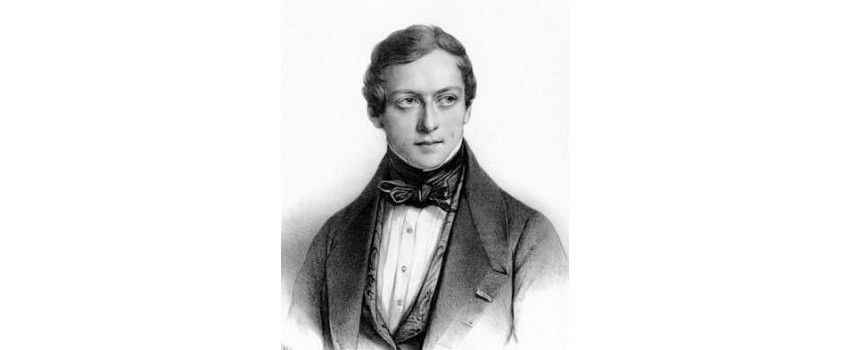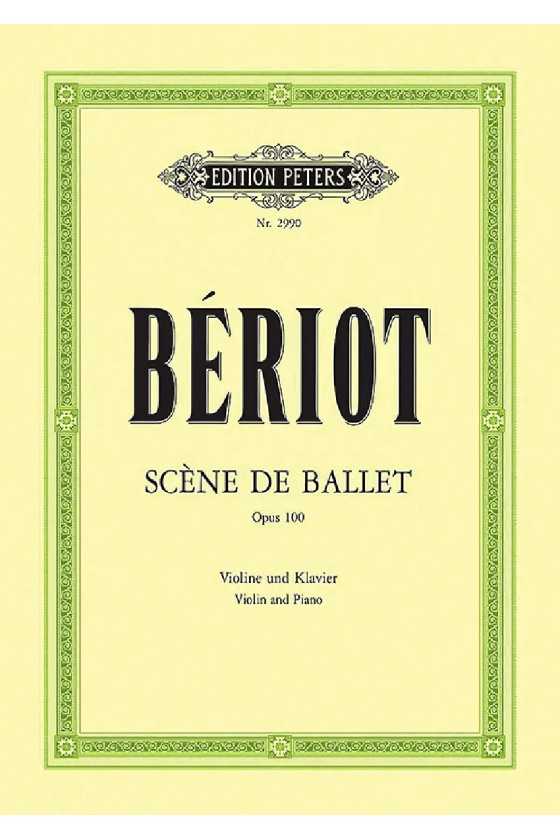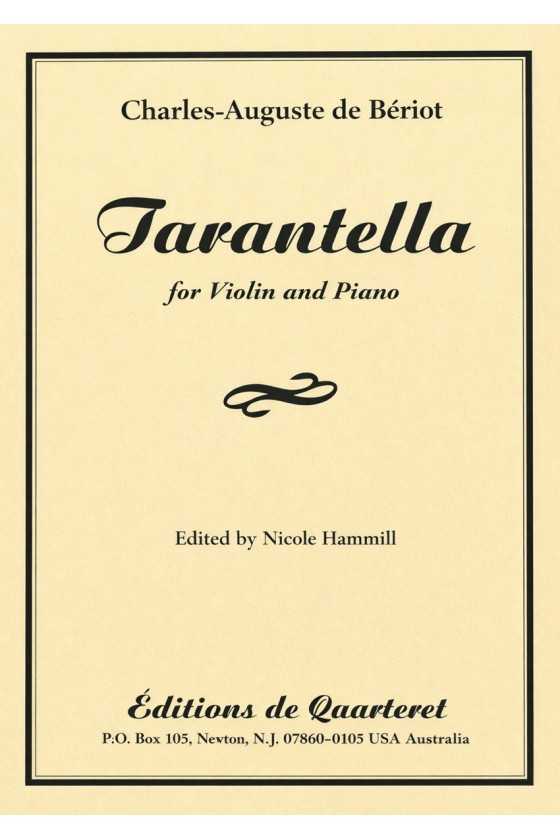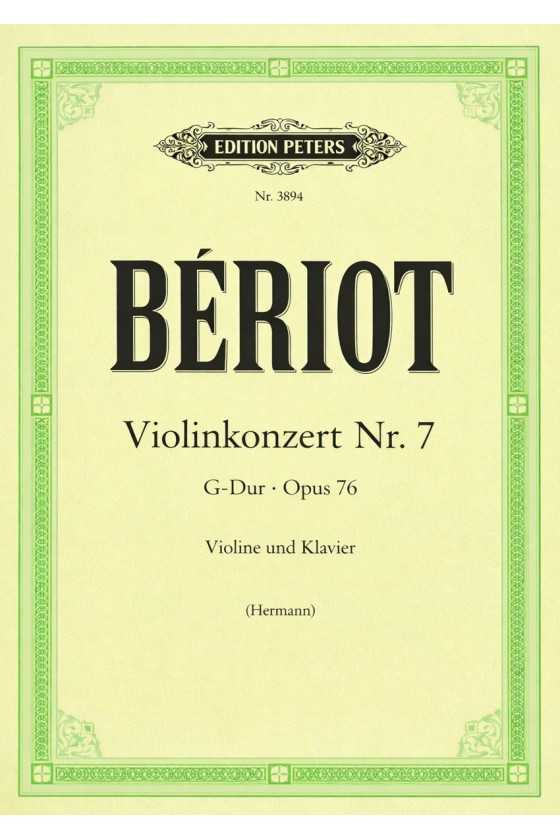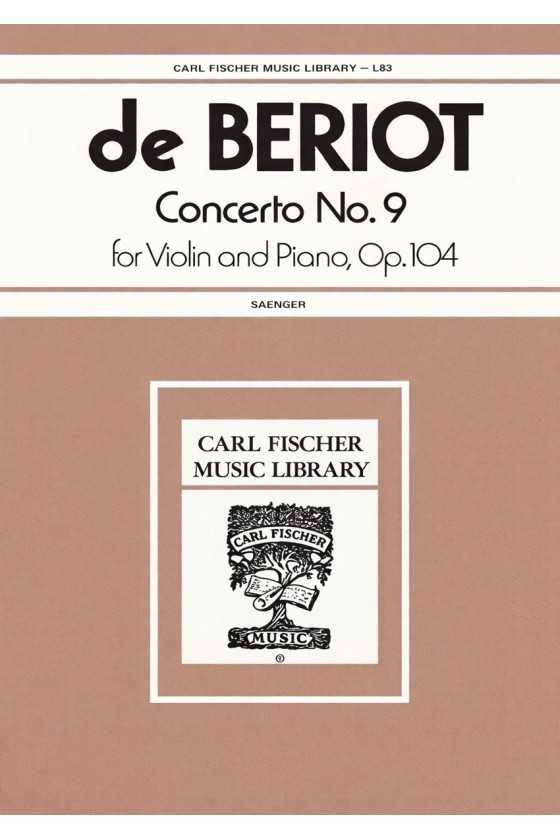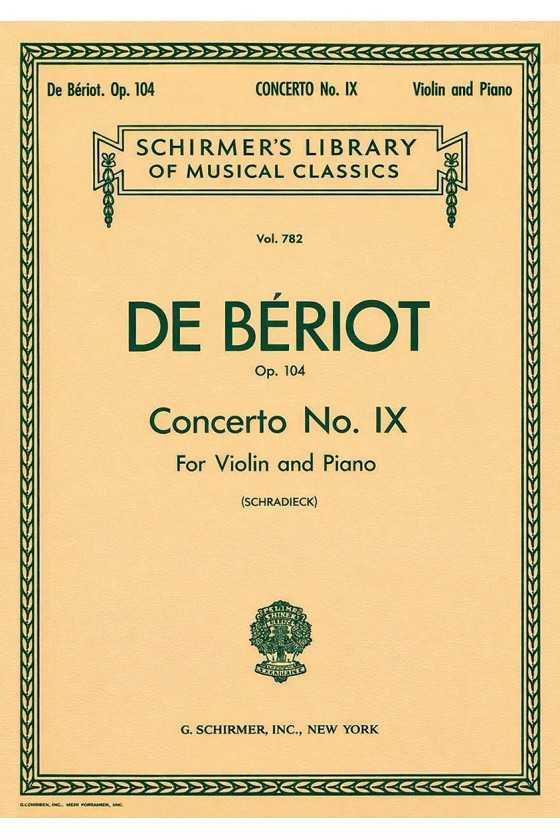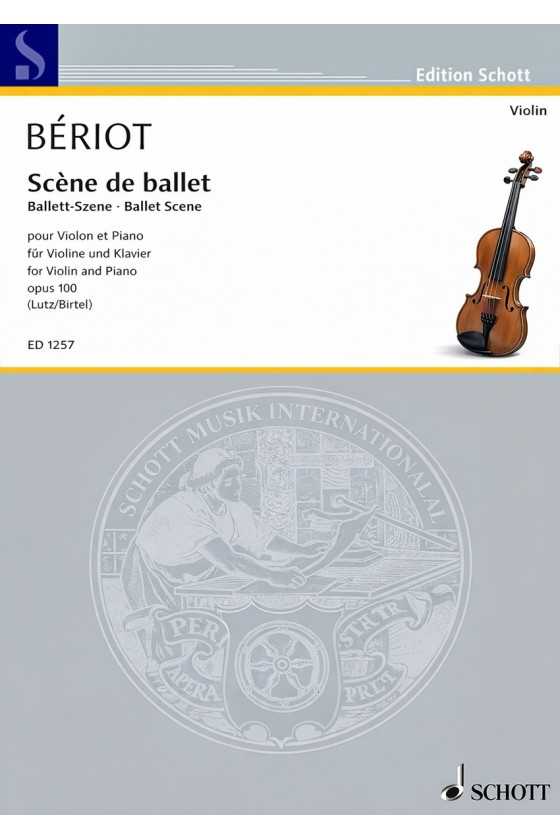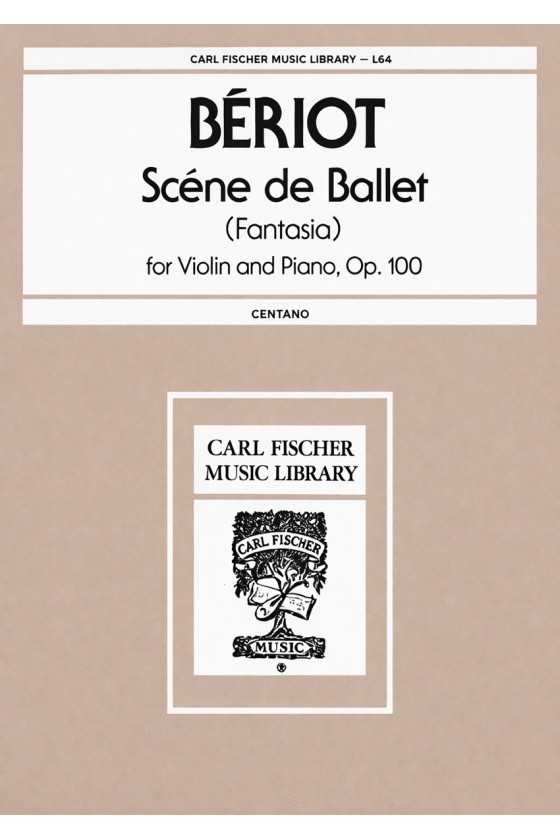Beriot Scene de Ballet Op 100 for Violin & Piano (Peters)
Bériot Scène de Ballet Op. 100 for Violin and Piano by Charles-Auguste de Bériot, published by Edition Peters, is a brilliant Romantic showpiece that combines lyrical storytelling with elegant virtuosity.
Key features
• A dramatic concert miniature with strong theatrical character
• Blends singing tone with refined brilliance
• Ideal for recitals, competitions, and concert finales
• One of the defining works of the Franco-Belgian violin tradition

